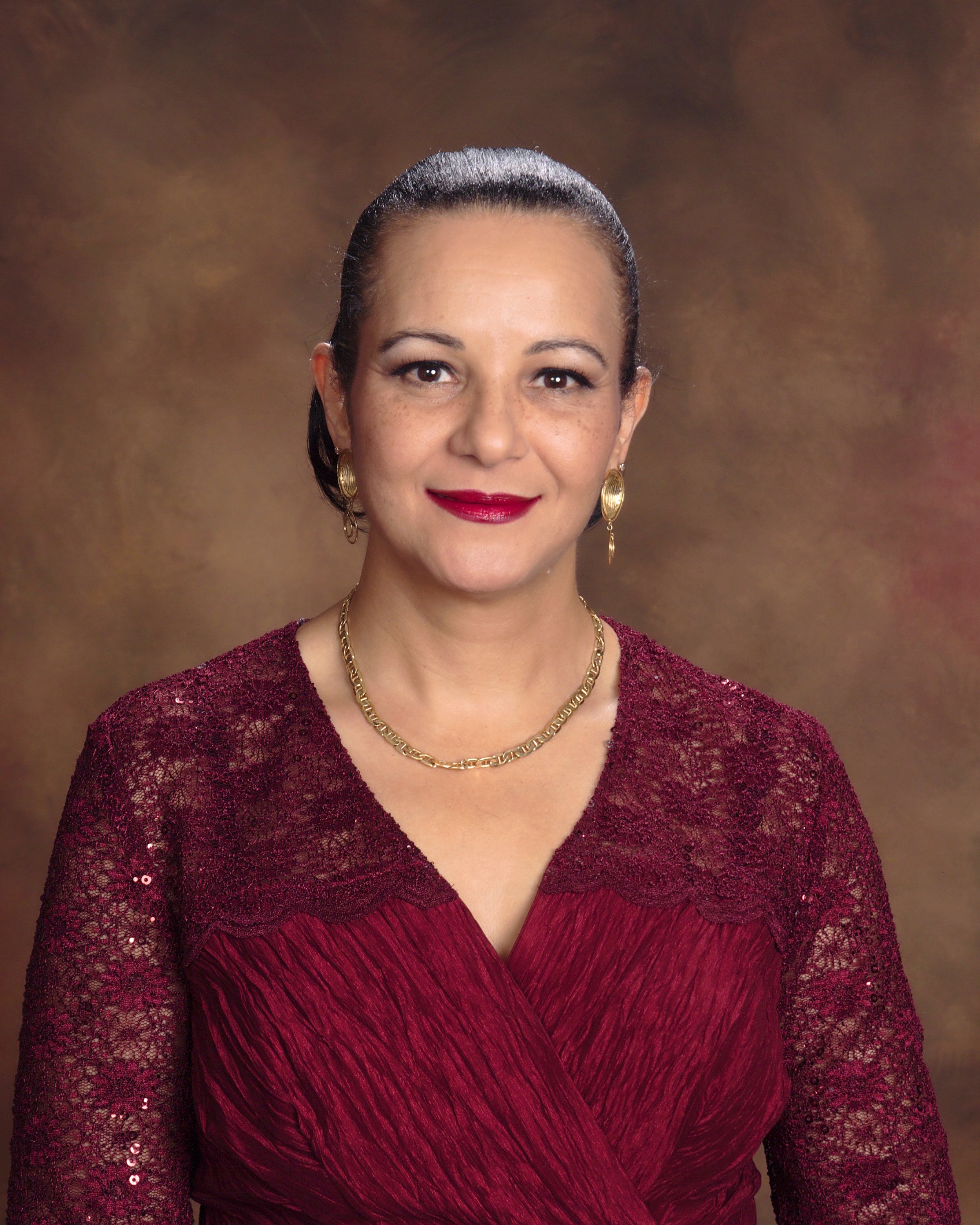
About Us
ABB Legacy
The Arizona Black Bar is the successor organization to the Hayzel B. Daniels Bar Association, which was formerly known as the Arizona Black Lawyers Association. The Arizona Black Lawyers Association was originally founded in 1971 and underwent a name change in 1993 to honor its founder, the Honorable Hayzel B. Daniels. To date, the Arizona Black Bar boasts a statewide membership of law students and legal professionals from both the private and public sectors, including municipal, state, tribal, and federal judges.
Meet the 2024 Officers
-

Chloe Woods
President
-

Kina Harding
Vice President
-

Booker Evans
Treasurer
-

Michelle Marshall
Secretary
-

Ramsey Bronyah
Member at Large
-

Chiko Swiney
Member at Large
-

Samuel Emiliano Brown
Immediate Past President

Our Mission
To enhance the professional lives of our members; to further the cause of justice in Arizona through active participation in the court system and with other bar associations; to recognize and fulfill our special duty to the public; and to enhance the public perception of African-American legal professionals.
Judge Hayzel Burton Daniels
Hayzel B. Daniels (1913-1992), or 'Haze' as he was known, was an upstart, outspoken and courageous man who dedicated his life to education and his country.
Haze attended law school on the G.I. Bill and later graduated from the University of Arizona Law School in 1948. After becoming the first African-American to pass the Arizona State Bar examination, Haze opened a law office in Phoenix and became involved in politics and was a major supporter of the NAACP.
In 1950, Haze became one of the first two black elected state representatives in the Arizona legislature. As a legislator, he fought for the integration of Phoenix public schools-then still segregated by law.
With the support of the NAACP, Haze initiated lawsuits on behalf of black children attacking the constitutionality of the statute. With no funding available, Haze along with attorney Herbert B. Finn, volunteered his services on Phillips, et. al. v. Phoenix Union High School District. Haze even paid the filing fee out of his own pocket. This turned out to be a wise investment because Arizona Superior Court Judge Fred C. Struckmeyer, Jr., soon ruled that there was no lawful authority for the segregation of black children in Carver High School.
Recognizing the limitations of this decision on November 12, 1953, Haze and Herb Finn filed suit against the Wilson Elementary School District in Heard et al v. Davis, et. al.. This time, in a bold and direct decision, Arizona Superior Court Judge Charles C. Bernstein ruled specifically that segregation in public schools was an unconstitutional deprivation of the equal protection of the laws guaranteed by the Fourteenth Amendment.
While the States appeal from that decision was pending, the United States Supreme Court requested a copy of Judge Bernstein's order. Although we will probably never know how much the Court was influenced by the Heard decision, when the landmark decision of Brown v. Board of Education was issued on May 17, 1954, striking down the concept of separate, but equal the Supreme Court had concluded just as directly as Judge Bernstein that racial segregation in public schools was unconstitutional.
In the spotlight once again, Haze made national news when he was appointed as a Phoenix City Court judge in 1965, thus becoming the first African-American judge in the history of the State of Arizona. Well respected, he served with distinction for 13 years receiving numerous awards and accolades including the alumni distinguished citizen award from the University of Arizona


